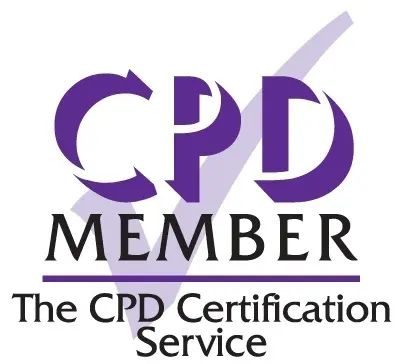Customer complaints are inevitable in the food industry, but how they are handled can make all the difference. A well-managed complaint can turn a dissatisfied customer into a loyal one, while a poorly handled issue can damage a business’s reputation and even lead to legal consequences. Whether it’s about food quality, service delays, allergens, or hygiene concerns, every complaint presents an opportunity to improve.
Why Do Customers Complain?
Customers raise complaints for a variety of reasons, including:
- Food quality – cold meals, incorrect orders, or undercooked dishes.
- Service issues – slow service, unfriendly staff, or incorrect billing.
- Hygiene concerns – unclean tables, pests, or cross-contamination risks.
- Allergen mismanagement – undeclared allergens or incorrect labelling.
Even minor issues, if left unaddressed, can escalate and impact a business’s reputation. With the rise of online reviews and social media, customers can quickly share their experiences with a wide audience, making complaint resolution more important than ever.
The Right Way to Handle Complaints
A structured approach ensures complaints are handled professionally, preventing negative outcomes.
1. Listen and acknowledge the issue: Customers want to feel heard. Staff should listen attentively, show empathy, and acknowledge the concern without being defensive.
2. Investigate and gather information: Assess the validity of the complaint by checking records, reviewing processes, and speaking to relevant team members.
3. Take appropriate action: Provide a fair resolution—this may involve remaking a dish, offering a refund, or addressing hygiene concerns. Ensure corrective actions are in place to prevent recurrence.
4. Follow up: Following up demonstrates commitment to customer satisfaction. A simple email or in-person check-in can make a significant impact.
Turning Complaints into Opportunities
Businesses that actively listen and respond to complaints can use them as a tool for continuous improvement. Regular feedback collection and staff training in customer service and food safety can prevent issues before they arise.

Want to learn more?
Handling complaints professionally is essential for compliance, customer retention, and business success. Our Handling Complaints in the Food Industry course provides practical strategies to manage customer concerns effectively, covering communication techniques, legal requirements, and real-world scenarios.
- Free course
- 60 minutes CPD
- Certificate upon completion




